How Can We Help?
Essential travel information and frequently asked questions about Thailand. Visa and immigration requirements and charges may vary depending on travellers nationality, please check the latest information on Thailand authorities official website.
We look forward to your travels with us to Thailand.
Thailand Overview
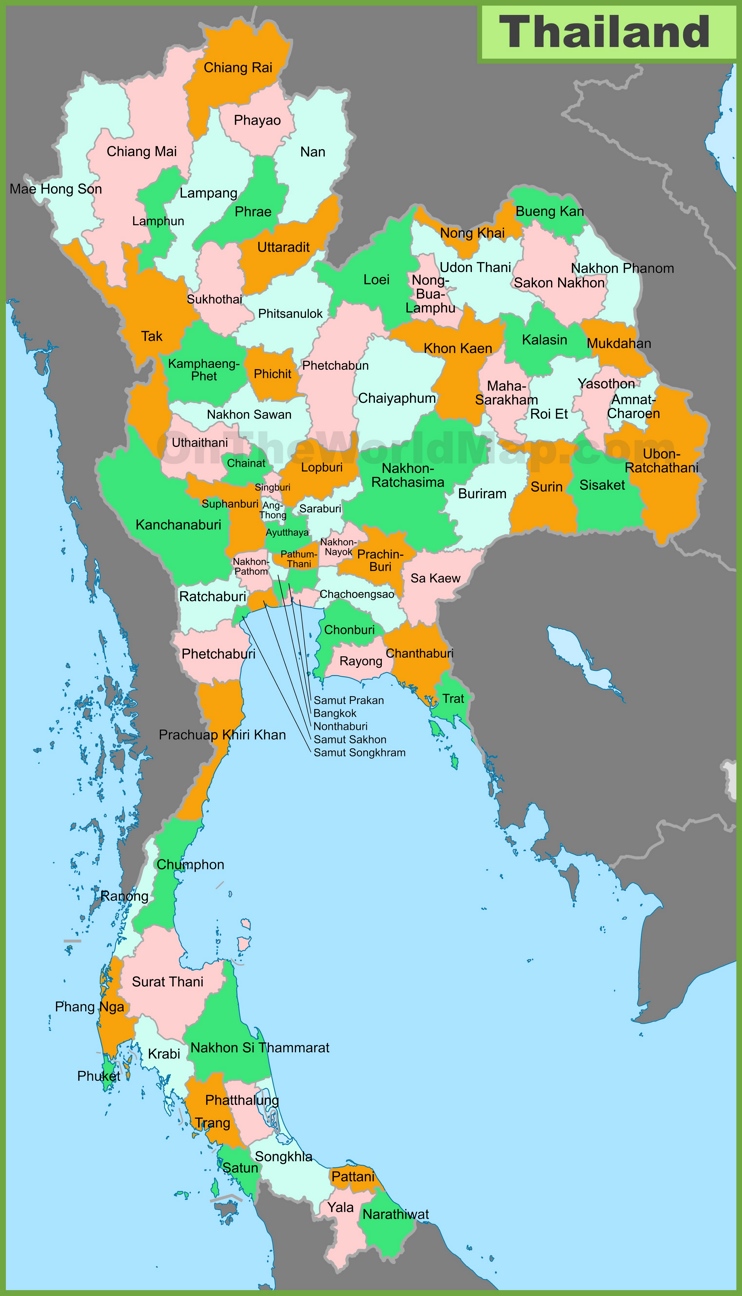
| Country Facts & Figures | |
|---|---|
| Country Name: | Kingdom of Thailand |
| President: | Prayut Chan-o-cha |
| Population: | 68,863,514 |
| Capital: | Bangkok. |
| Cities: | Bangkok, Nonthaburi, Pak Kret, Hat Yai, Chiang Mai, Surat Thani, Pattaya. |
| Area: | 198,115 sq mi (513,120 sq km). |
| Highest point: | Doi Inthanon 2,565 metres (8,415 ft) |
| Languages: | Thai, Isan, Kam Mueang, Pak Tai |
| Religions: | 94.50% Buddhism, 4.29% Islam, 1.17% Christianity, 0.03% Hinduism, 0.01% Unaffiliated |
| Ethnic groups: | 34.1% Central Thai, 24.9% Khon Isan, 9.9% Khon Muang, 7.5% Southern Thai, 14% Thai Chinese, 12% Others |
| Time: | UTC+7 (ICT) |
| Country code: | +66 |
| Currency: | 1USD = 30.60 Baht (฿) (THB) |

It pays to keep in mind that seasons vary for different areas of the country. There are broadly three seasons in most of Thailand: hot, cool, and rainy.
The hot season in Central Thailand and Northeast Thailand runs from February to June. The rainy season is between June and October, and the cool season makes up the remaining months of October to February. Bangkok, Lopburi, Kanchanaburi, and Ayutthaya are common destinations in Central Thailand.
Northern Thailand – home to Chiang Mai, Chiang Rai, and Pai – sees the hot season between February and April, while the rainy season runs from May to September. The remaining months are the cool season.
In the south of Thailand, there are seasonal variations depending on the coast. Additionally, the southern provinces only really have two seasons: wet and dry. The Gulf coast is dry between January and August. The dry season on the Andaman coast is from November to March.
GMT + 7 hours.
Travelling in Thailand
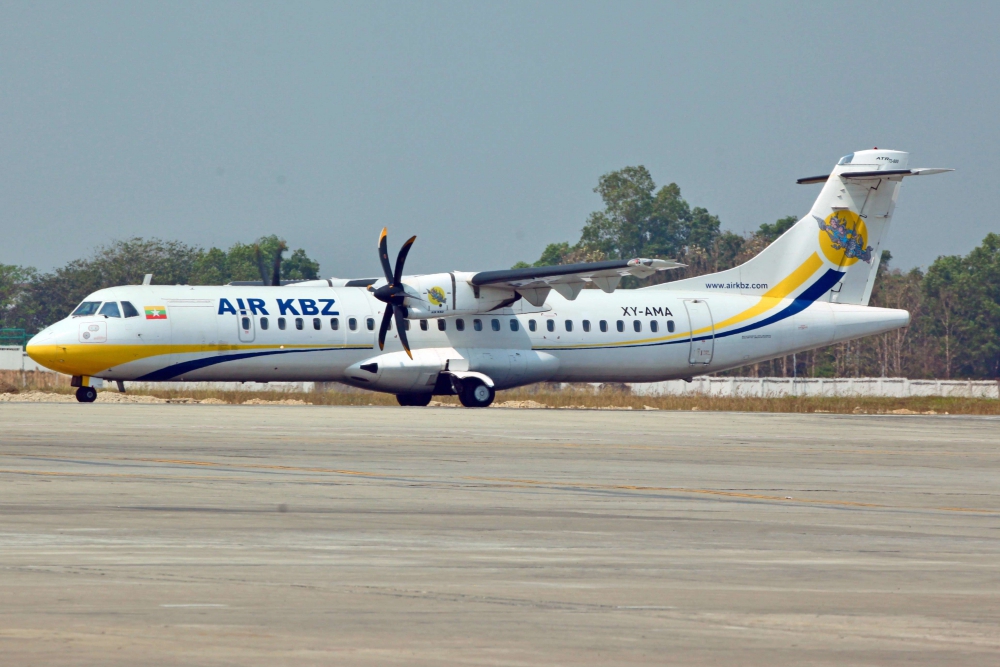
Thai Airways International (TG) (www.thaiairways.com) runs services to all major towns, a total of 12 domestic destinations including Phuket and Chiang Mai. Bangkok Airways (PG) (www.bangkokair.com) flies several additional routes including Ko Samui. Discounts are available during off-peak seasons and during special promotional periods. Orient Thai Airlines, formerly known as One-Two-Go Airlines (www.flyorientthai.com) and Nok Air (www.nokair.co.th) also offer domestic flights.
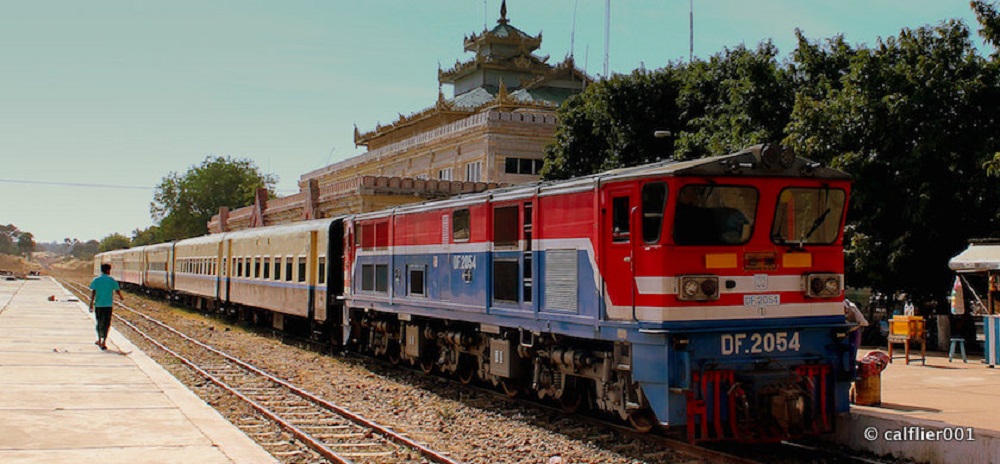
Thailand has extensive transport network throughout the country and the roads are in general good condition. Be aware though if you intend hiring car and driving yourself that Thailand left side traffic and wheel is on the right. In Thailand you can conveniently travel by train or bus. The train network works well and is currently going through some major upgrades particularly in the north. The Thai busses are pretty comfortable though they can be freezing cold. Make sure to bring along warm layer if you are taking a longer air-con bus ride.
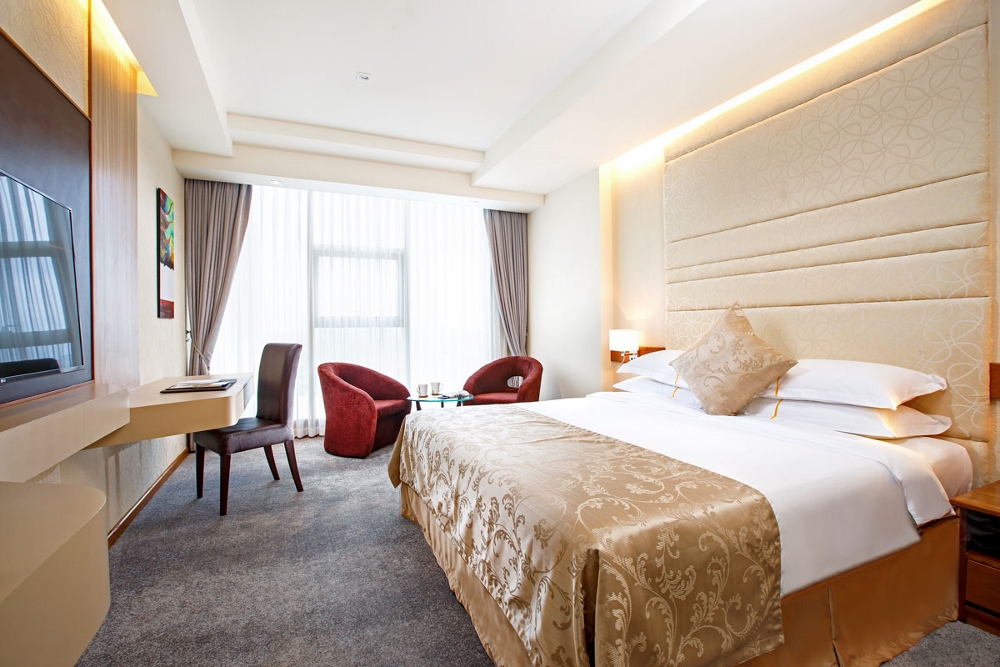
Thailand has it all when it comes to accommodation. There is no shortage of choice. You will find all from backpackers lodging to ultra lux and the usual international brands. There are lots artsy design and boutique properties that make wonderful getaways in paradise like locations. Discovery team will be glad to recommend some good options for your stay in Thailand.
Language & Culture
The official language is ‘Thai’ with numerous regional and minority languages and dialects. English is spoken at all major hotels. Basic English is also spoken widely throughout the country, and travelers will almost always find someone who will at least understand and speak a few words of English. Discovery DMC provides guiding services in English, German, French, Italian, Spanish, Russian, Japanese, Thai and Chinese.

Use only bottled or boiled water for drinking, brushing teeth or making ice. Unpasteurised milk should also be boiled, although pasteurised or homogenised milk is available. Tinned or powdered milk is safe as long as it is reconstituted with sterile water. Beware of dairy products that may have been made with unboiled milk. Stick to meat and fish that have been well cooked, preferably served hot, but not reheated. Avoid raw vegetables and unpeeled fruit.
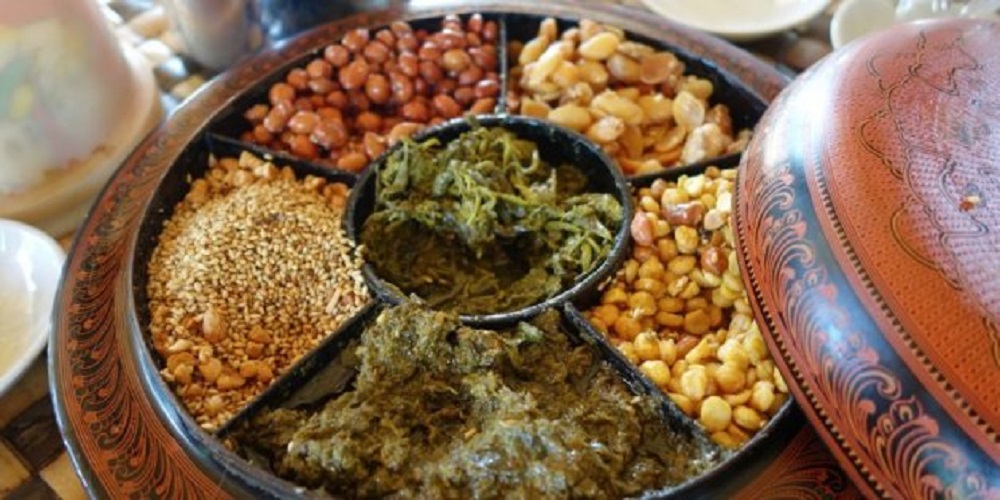
Thai food is traditionally fairly hot and spicy, but most tourist restaurants tend to tone down the heat for the more fragile Western palate. Most Thai food is prepared with fresh ingredients such as lemon grass and coriander and rice is commonly eaten with most meals. Popular fruits are papaya, jackfruit, mangosteens, rambutans, pomelos (similar to grapefruits) and, above all, durians, which farangs (foreigners) either love or hate. The thorny fruits have a rather malodorous scent which has even resulted in many hotels banning them from their premises.
Excellent food can be found at the stalls of the many street vendors around the country as well as top-notch eateries. There are also many Asian and European restaurants throughout the major cities and smaller towns.
Visa & Border Crossings
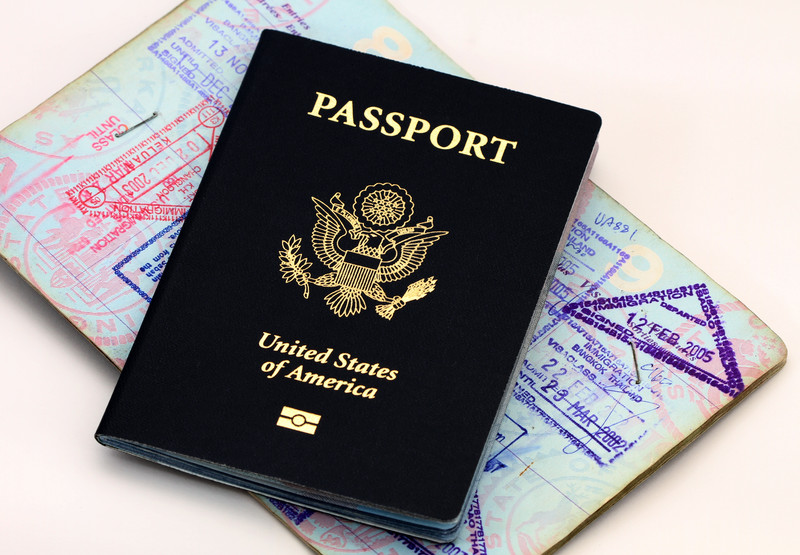
All travelers to Thailand require a valid passport with minimum 6 months remaining. Depending on nationality most travellers get Thailand visa on arrivals. Some are required to apply for Visa on Arrival or pre-arranged visa from Thailands consulates especially for longer stay.
Following covid pandemic Thailand immigration and visa procedures have changed and are frequently revised. Contact your nearest Thailand embassy to check latest updates on entry requirements. Read more on Thailand e-visa here.
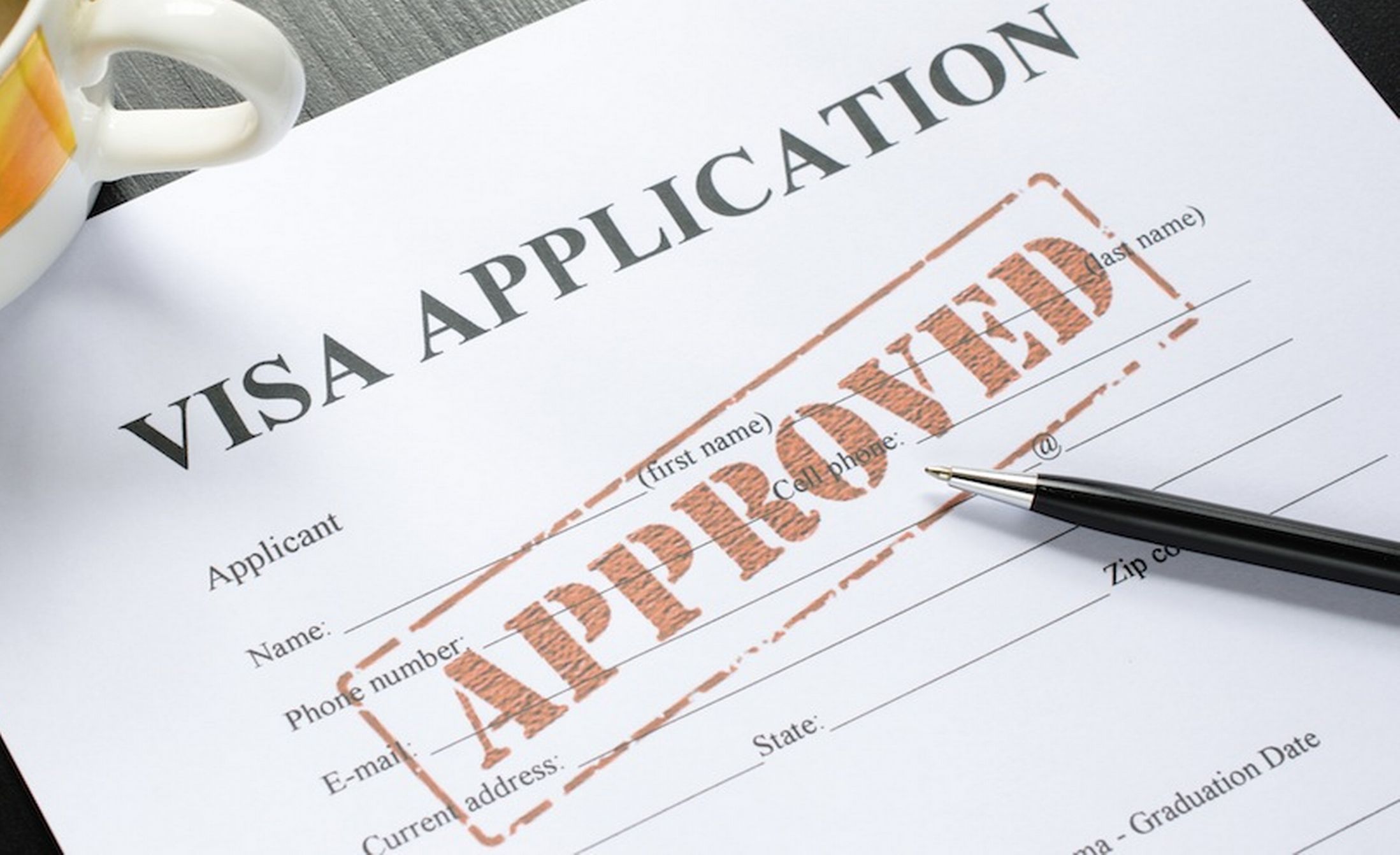
Yes, it is possible to apply for a tourist visa at any Thailand Embassy or Consulate. Tourist visas are issued for a duration of 30 days when flying into Thailand and 15 days only when entering overland. If you are planning to stay longer and wish to extend your visa or are of nationality that is required to obtain visa in advance to enter Thailand then embassy or consulate application may the way. Visa application and collection is usually during the same day. Read more on Thailand e-visa here.
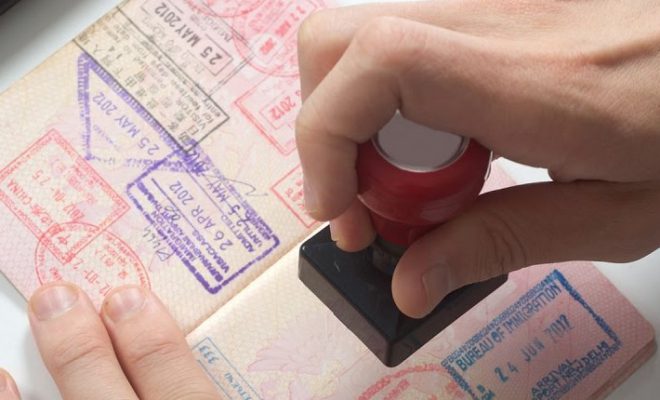
Over stay in Thailand can get costly. Thailand is popular for overstay and the authorities have been getting tough on this during the recent years. You may be asked to pay 500thb per day penalty when leaving at the airport.
Mobile & Internet

Thailand has very good mobile coverage in general. You can purchase inexpensive tourist sim cards conveniently at airports. Some good carriers are AIS, DTAC, Happy and TRUE mobile. You can top up your sim cards in almost any convenience store in Thailand. International roaming and calling from Thailand can be expensive in Thailand if your operator does not have good roaming agreements.
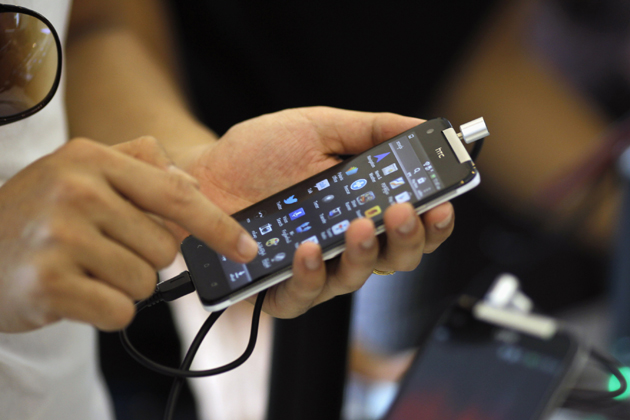
Internet access in general is good and most international hotels will offer complimentary internet access. Internet cafes can be found in urban areas, however connections tend to be slow. Best is to purchase local sim card with enough data to use during your travels.
Money
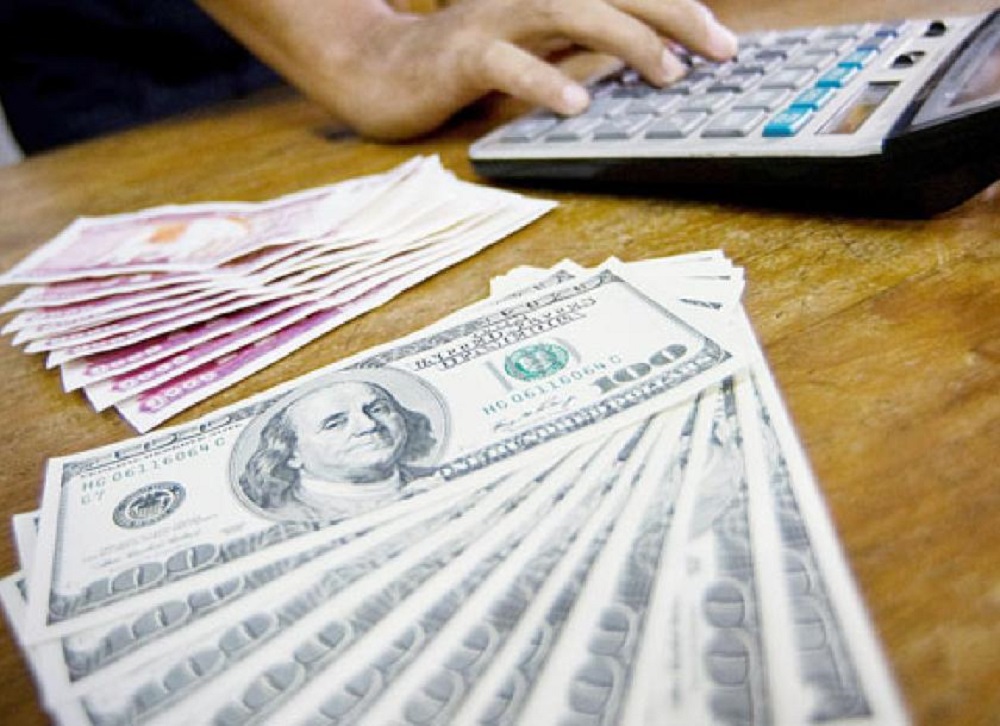
Baht (THB; symbol ฿) = 100 satang. Notes are in denominations of ฿1,000, 500, 100, 50, 20 and 10. Coins are in denominations of ฿10, 5, 2 and 1, and 50, 25, 10, 5 and 1 satang.
The import and export of local currency is limited to ฿50,000. The import and export of foreign currency is unlimited, but amounts over US$20,000 must be declared.
Foreign currencies can be exchanged at banks (which have the best rates), hotels (which charge high commissions) and bureaux de changes can be found in larger towns (generally open 0800-2000). Outside large towns and tourist areas, high value notes may be difficult to exchange, so visitors are advised to carry small change.
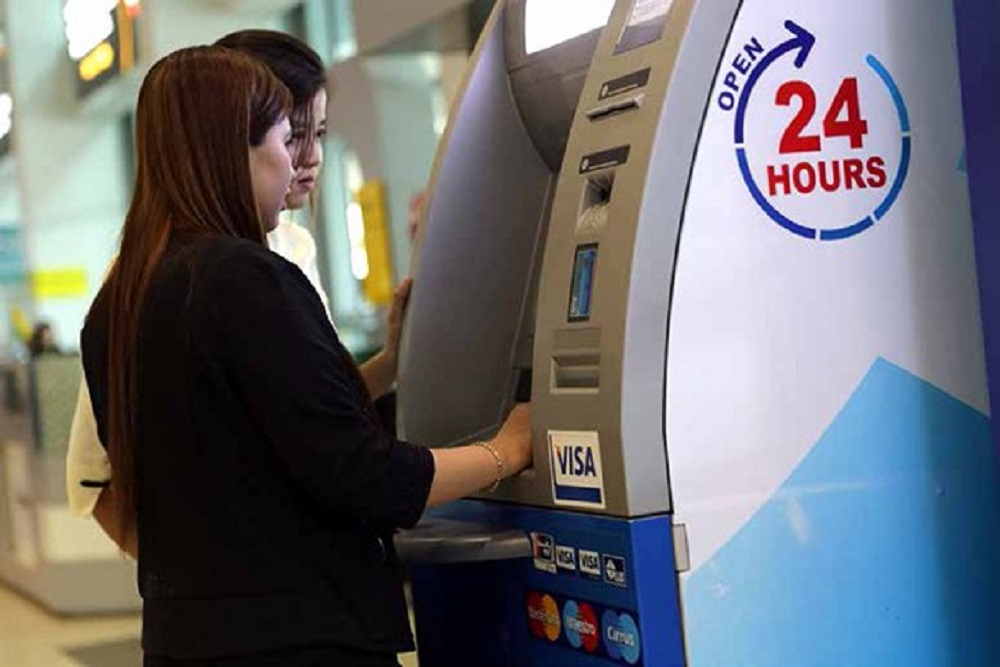
American Express, MasterCard and Visa credit cards are widely accepted. ATMs are found in all major cities and almost all provincial banks.
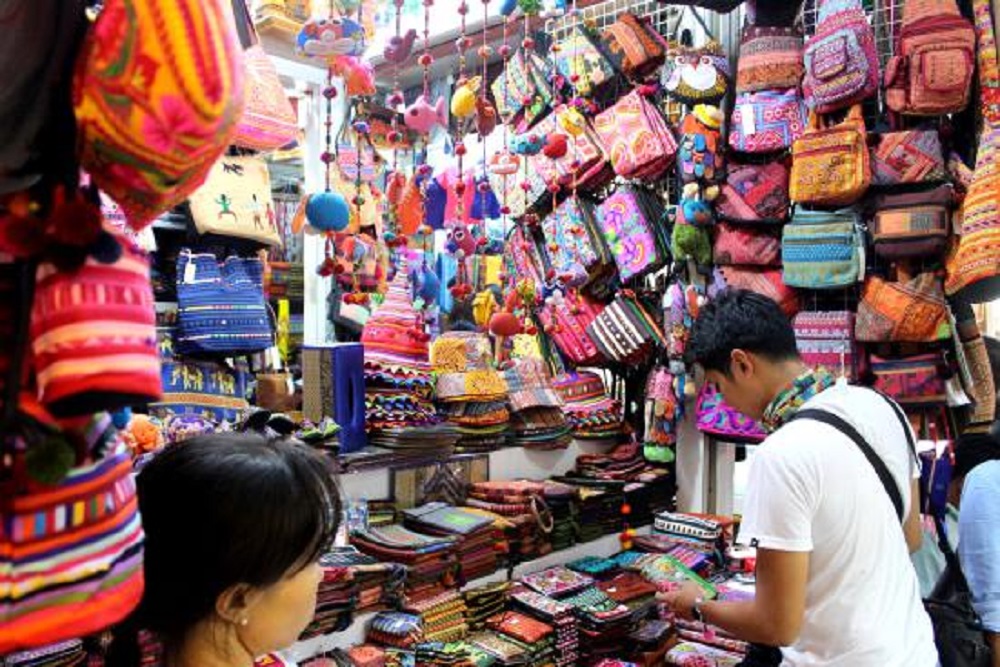
Shopping in Bangkok is an experience to thrill and delight the most discerning of shoppers – whatever it is you’re looking for. From the gleaming chrome and towering size of modern, air-conditioned malls, to the hustle and bustle of its famously buzzing street markets, Bangkok has all kinds of places to blow your baht. With everything from antiquities and the latest pair of trainers to designer jewelry available, Bangkok has an equally exhaustive, and potentially exhausting, variety of things to buy.
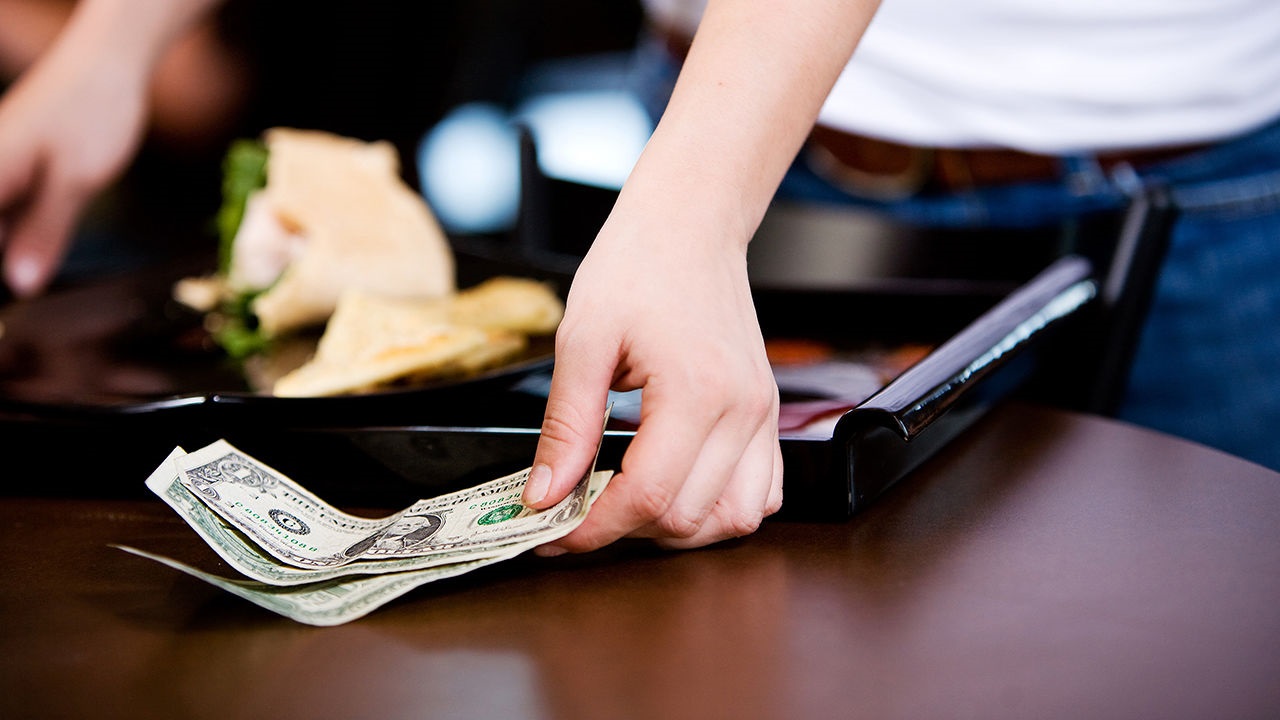
As with most Asian countries tipping in general in the country is not customary but those who work in service industries are used to some discreet extra gratuities in Thailand. Tips are entirely optional and are much appreciated. As an example bellboys in hotels for carrying bags can be tipped 1usd, drivers 3usd per person per day, and guides 5usd per day. In better restaurants normally 10% service charge is included in your bill so it is not necessary to tip.
Any tips should reflect satisfaction to service and be appreciation of job well done.
